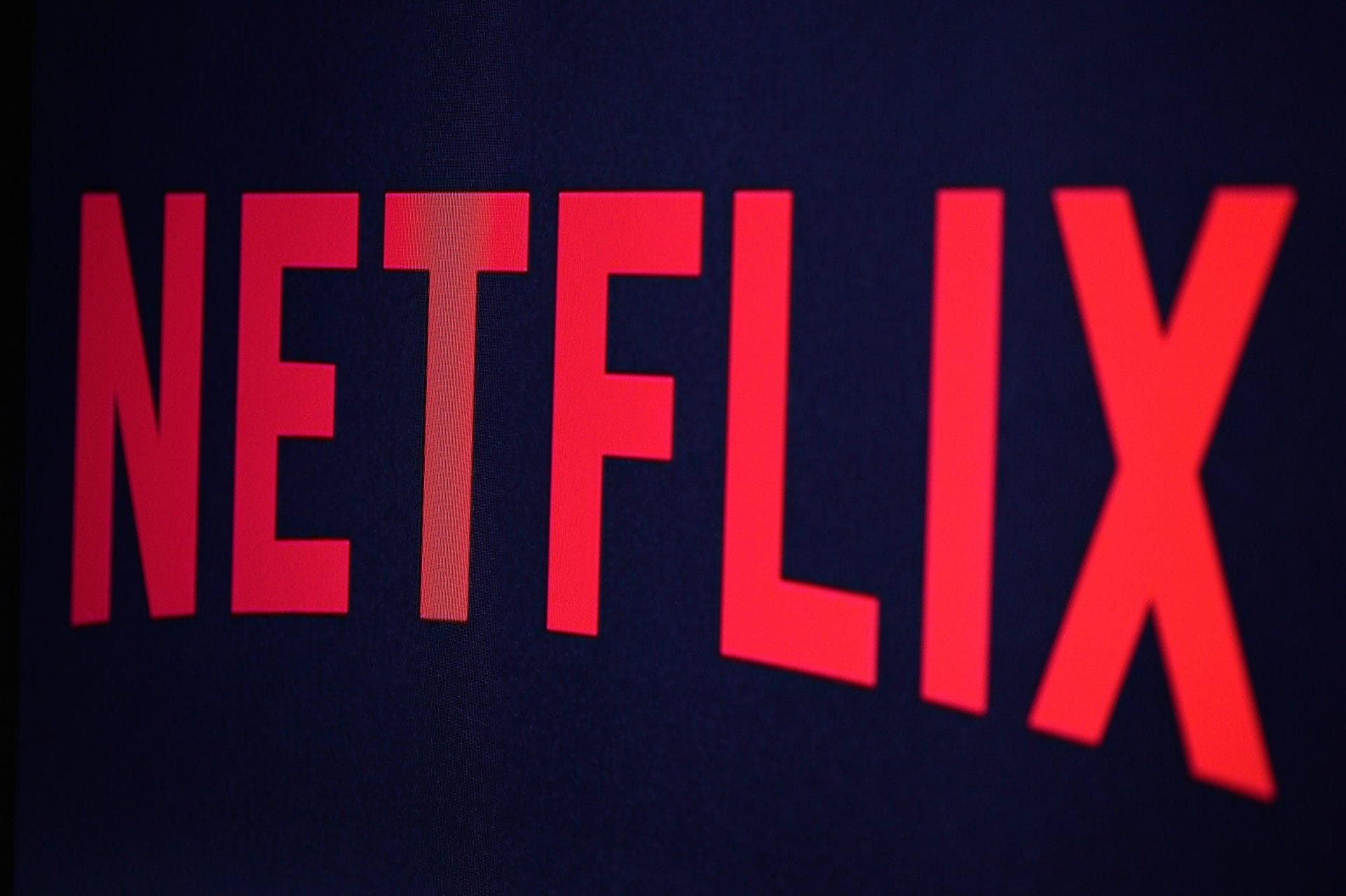
The quiet bonfire that’s been lit around the UK’s finances at the moment might not have escaped your notice. It’s certainly fair to suggest that streaming services are already feeling the pinch of it.
With heating bills going up, mortgage payments going up, the price of food going up, the cost of transport going up, Yazz and The Plastic Population going up, and Liz Truss’s house-moving going up, households are having to economise.
It was into the midst of this – appreciating it was a move planned a long time ago – that Lionsgate launched its streaming service, Lionsgate+, into the UK. Timing that could be described as on the unfortunate side.
Whilst the headlines for streaming troubles have been made by the decline in Netflix subscribers this year, it seems that in the UK, the big turn-off has begun. Anecdotally, it seems that people have been slimming down the number of services they subscribe to for a little while now, as spending power contracts. But less anecdotally, The Guardian is now reporting that nearly a million UK households have cut out streaming services altogether since January.

Citing research from Kantar Worldpanel, it’s reported that 937,000 fewer homes now have at least one streaming service. And that’s in spite of an increasing number of high profile shows being exclusive to platforms such as Amazon, Prime Video and Disney+.
The figures have been softened too by the launch of Paramount+ in the UK over the summer, so things could have been even worse. Given announcements by the Chancellor Of The Exchequer Of The Month, they likely will be. Streaming services are bracing themselves for the crunch.
It’s not all bad news for them. There are still around 16 million homes that do take a streaming service that they pay for, and many take more than one as well. But there’s a squeeze very clearly underway, and initiatives such as Netflix launching a lower-priced, ad-funded £4.99 a month tier are unlikely to be enough to turn it around.
Still, at the time of writing, the upcoming new season of The Crown is plastered over the front of most UK tabloids, so that might take the sting out of Netflix’s next quarter or two at least…


